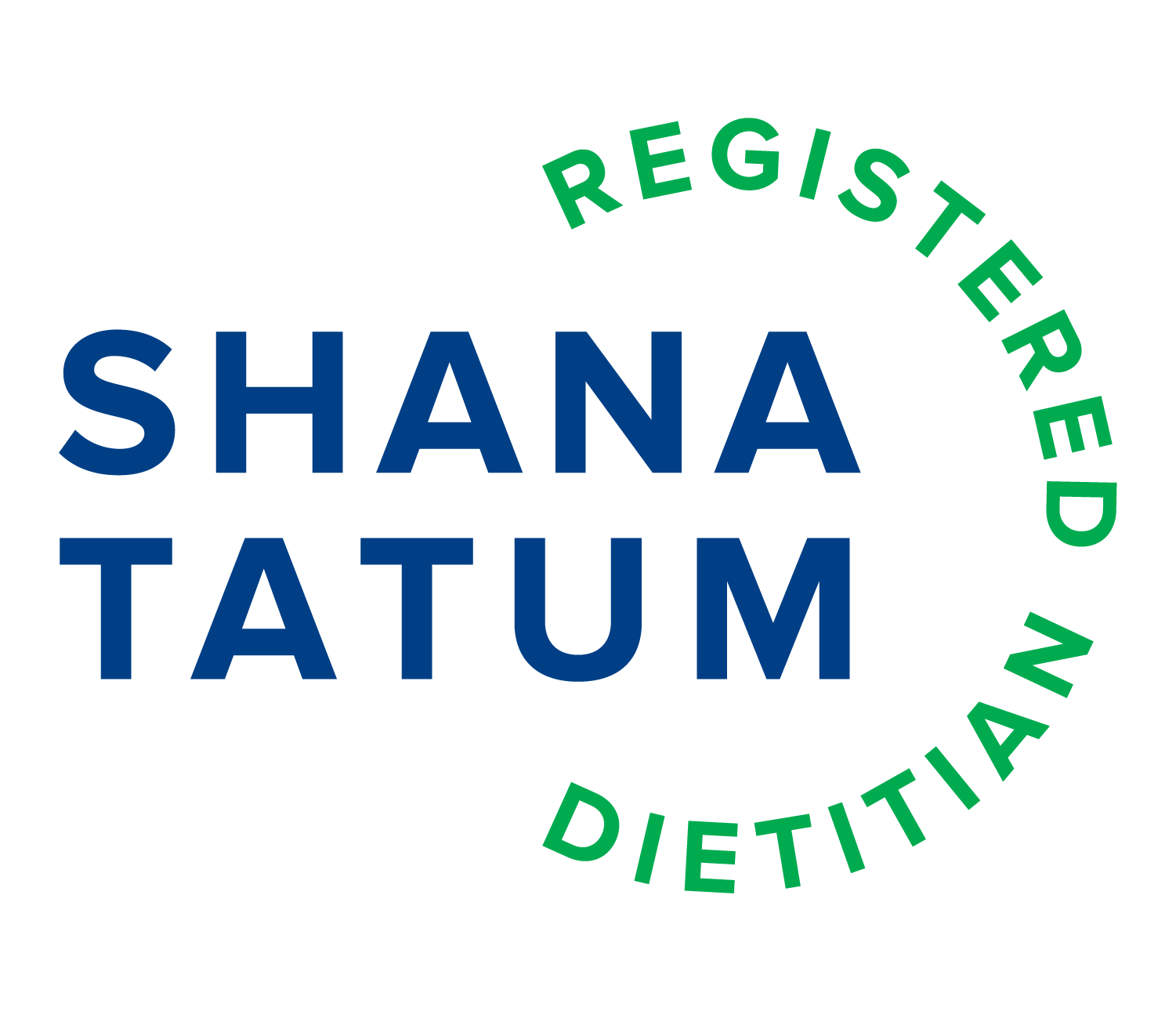Artificial Sweeteners
Artificial sweeteners are in many foods we commonly eat. You may be familiar with aspartame, sucralose, and saccharin to name a few. Artificial sweeteners are foods that are not found in nature and usually contain little to no calories and provide a much higher sweetness than sugar (sucrose). These artificial sweeteners first became popular at the turn of the 20th century when saccharin hit the market. Later, dieters wanted to retain the ability to enjoy sweet foods without the added calories. It wasn’t until saccharin was disputed as a safe sweetener that other sweeteners such as aspartame in the 1960’s and sucralose in the 1970’s came to market.
Examples you may find on nutrition labels of high intensity artificial sweeteners:
Aspartame Equal, NutraSweet (200 times sweeter than sugar)
Saccharin Sweet’N Low, Sugar Twin, Necta Sweet (200-700 times sweeter than sugar)
Sucralose Splenda (600 times sweeter than sugar)
Acesulfame potassium Sweet One (200 times sweeter than sugar)
Stevia PureVia, Rebiana, Splenda Naturals, Truvia (200-400 times sweeter than sugar)
Brain and Insulin Response
For patients that are addicted to sugar, artificial sweeteners can be a good transition from a high sugar diet. Highly palatable foods like sugar, trigger a dopamine response in the brain that encourages the impulse to seek more and ensure another “happy” response. Over time, these dopamine receptors require a higher dose to achieve the same response. Therefore, reducing intake for some time and then eating the same sweet food can seem even sweeter than before.
In addition to the changes in brain chemistry with a high sugar diet, the hormone insulin becomes very active. Insulin is the active hormone that helps glucose get to the cell for energy and signals the liver to direct energy to be utilized or stored. With a high sugar diet, insulin remains high. Over time, the receptors on the cell that accept insulin can become resistant. This is what happens when patients become pre-diabetic and diabetic. It has been shown in recent studies that even artificial sweeteners may cause an insulin response and affect metabolism. So, for these people, the goal is to make the receptors sensitive again. By reducing sugar and artificial sweeteners the likelihood of that is higher.
A study by the Canadian Medical Association Journal found short term use of artificial sweeteners did not contribute to weight gain but in the longer observational studies, they established a link between consumption of artificial sweeteners and somewhat higher risks of weight gain and obesity, high blood pressure, diabetes, and heart disease.
Artificial Sweeteners and Gut Health
Another area of research with artificial sweeteners is the effect on the gut microbiome. From the mouth to the anus, we are home to 100 trillion microorganisms. We know the many health benefits the microorganisms in the intestinal tract provide such as cognitive well-being, immune modulation, and obesity control. One study in the Advances in Nutrition Journal demonstrated that the gut bacteria were altered in consumers of saccharin. This research highlights how high intensity sweeteners led to microbial changes related to obesity. More about how artificial sweeteners affect gut health is needed, as most studies are in mice models. Not all outcomes translate to humans. Many studies point to poor diets and a lack of a balanced microbiome and obesity.
The science does indicate that a high sugar diet contributes to a risk of diabetes, obesity, cardiovascular and kidney disease. Can artificial sweeteners have a place in the diet as a transition to a low sugar diet? Yes, that can be the case, if it is used as a transition. Short term use while reducing the reliance on sweetened beverages and foods can reduce the risk of these chronic conditions.
Consider a break from added sweeteners and artificially sweetened beverages such as:
Plain, carbonated, or unsweetened flavored waters. Most groceries carry a variety of flavors.
Limit natural sweeteners like honey, agave, honey, and molasses to less than 5 grams per serving.
Eat more whole fruits and vegetables, these can be fresh or frozen.
Read the nutrition labels to all packaged foods to better understand your intake of sugar sweetened or artificially sweetened foods.

